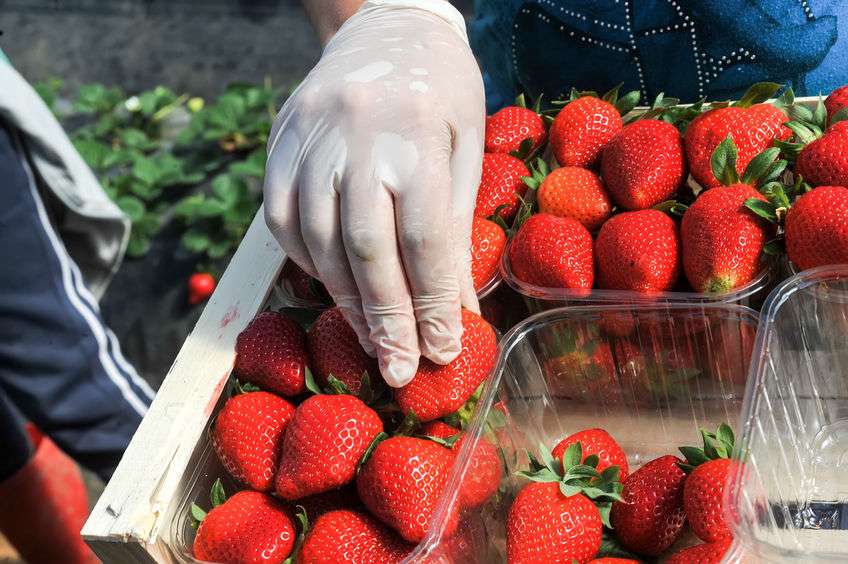
Reducing access to migrant labour for farming, horticulture and tourism jobs will have "devastating consequences" for the rural economy.
The CLA, a rural organisation which represents around farmers, made the comment in a submission to the Migration Advisory Committee consultation looking at the UK’s immigration system after Britain leaves the European Union.
It comes after news of a reported worry amongst farmers that a lack of available labour is making it hard to recruit new hands to help on-farm.
Farms were nearly a third short of workers in September, a new survey by the NFU has revealed this week.
It led Prime Minister Theresa May to suggest a seasonal agricultural workers scheme could be reintroduced after Brexit.
Mrs May says the migration advisory committee is looking at Brexit and its impact on farming, and whether or not it will be necessary to reinstate it.
'Crucial role'
During its submission to the Migration Advistory Committee, CLA Senior Economist Dr Charles Trotman said workers from the EU and beyond play a "crucial role" in the rural economy.
“In agriculture alone more than 30,000 permanent workers and an estimated 80,000 seasonal workers help keep our shops and market stalls stocked with UK produce,” Dr Trotman said.
“But the sector is already struggling to meet labour needs. A survey of CLA members showed that restricting access to migrant workers would negatively impact the profitability, efficiency and viability of more than three quarters of rural businesses.”
Fail to produce
The CLA says farmers will fail to produce enough food to feed the nation without access to migrant workers post-Brexit.
It called on the government to introduce a Seasonal Agricultural Workers Scheme immediately rather than after leaving the EU to ensure continued access to a skilled and secure workforce.
Dr Trotman said: “Farms and other rural businesses need to know that after Brexit there will still be a flexible, skilled and secure workforce so they can plan for the future and invest in their businesses.
“Without the certainty of access to this vital labour force, we will see reduced productivity and growth and an increase in food imports and prices.”
In Scotland, farming union NFU Scotland warned that the Scottish horticultural industry is already seeing a 20 per cent shortage of seasonal workers coming from the EU because of exchange rates and an increasing affluence in other parts of the EU.
